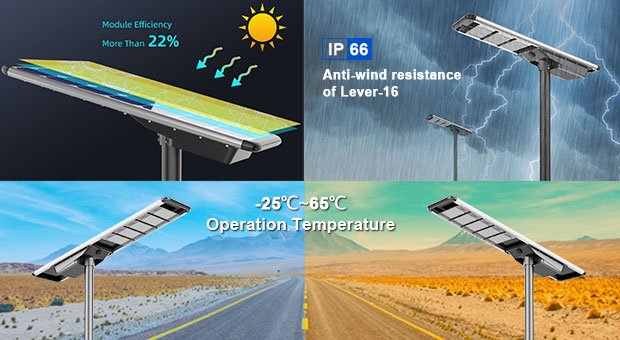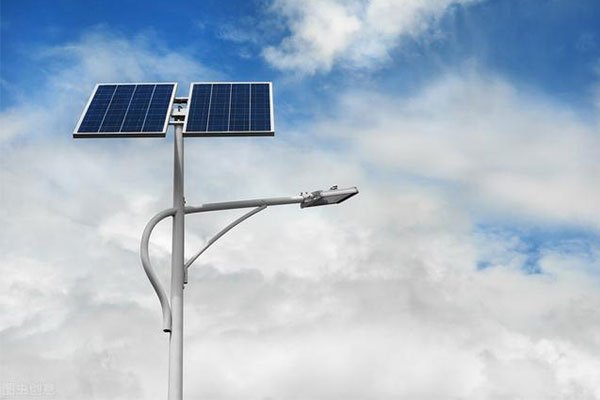Purchasing solar lights seems simple—until you realize how much product quality can vary. Without asking the right questions, you may end up with lights that fail prematurely, underperform, or cost more in maintenance over time.
Asking the right questions helps ensure performance, longevity, and maximum return on your investment. In this guide, I’ll share the top 5 questions you should always ask your solar light supplier before placing an order.
Question 1: What Is the Battery Type and Its Expected Lifespan?
The battery is the most common failure point in solar lighting systems. Its quality directly impacts how long your lights will operate effectively.
- ✅ Best Choice: LiFePO₄ (Lithium Iron Phosphate) – 2000–3000 charge cycles (8–10 years lifespan)
- ❌ Avoid: Lead-acid or basic lithium-ion – 300–800 cycles (1–3 years lifespan)
Follow-up questions to ask:
- Is the battery replaceable?
- Does the system include a Battery Management System (BMS) for overcharge/discharge protection?
- Is the battery rated for extreme temperatures (hot or freezing)?
A low-cost battery often becomes the most expensive mistake due to early failure and replacement costs.
Question 2: What Is the Real Lumen Output and Lighting Coverage?
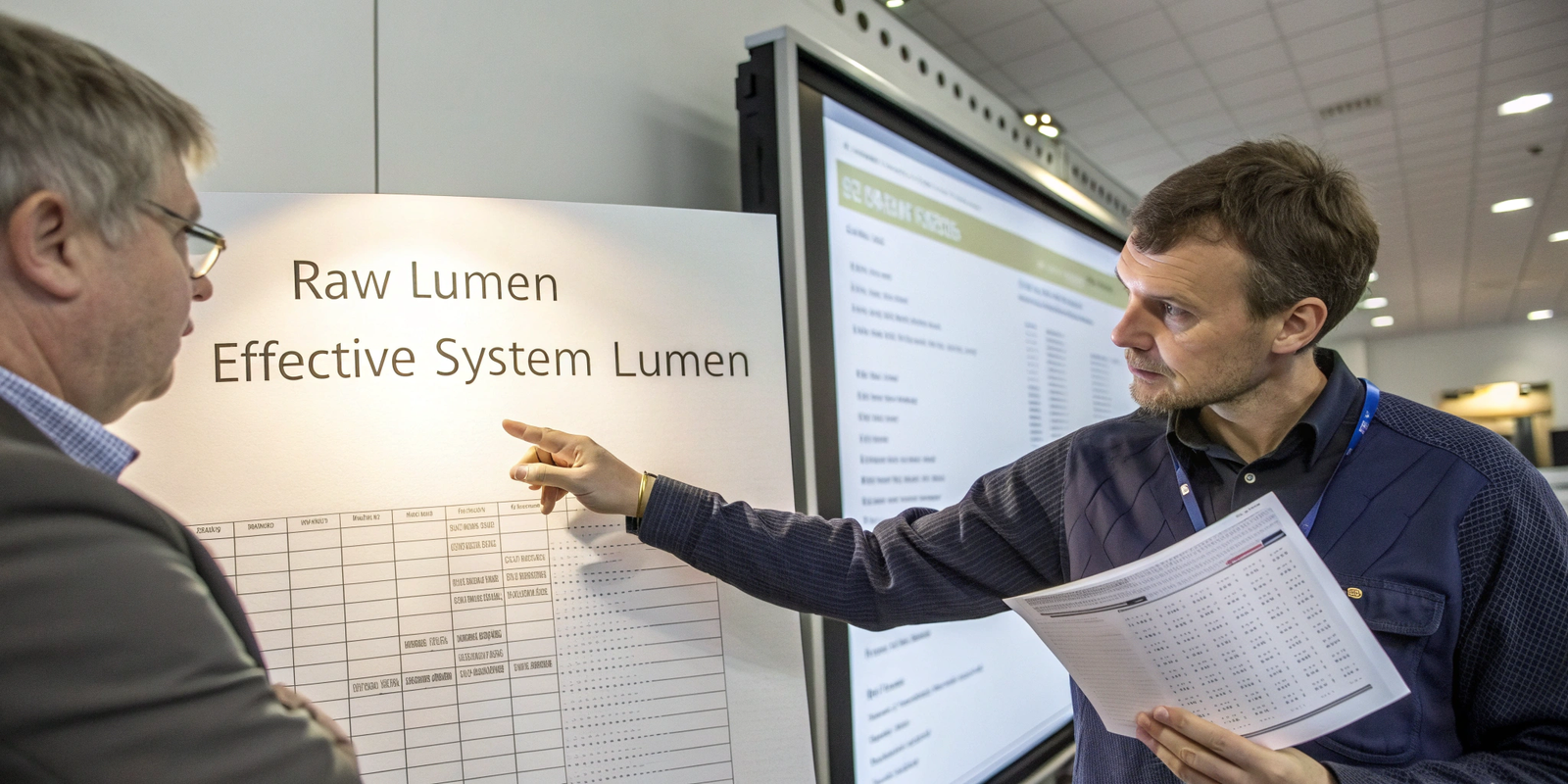
Some suppliers inflate lumen ratings by quoting the LED chip’s theoretical output—not what the actual system delivers.
- Ask for effective lumen output (not raw LED spec).
- Check if the beam angle and mounting height match your application.
- Request a lighting simulation or real project case study if possible.
| Mounting Height | Suggested Lumens | Recommended Beam Angle |
|---|---|---|
| 4 meters | 3000–4000 lm | 120° |
| 6 meters | 6000–7000 lm | 90–120° |
| 8 meters | 8000–10000 lm | 60–90° |
Brightness is not enough. Coverage must match your site layout and lighting needs.
Question 3: What Is the Solar Panel Efficiency and Size?
The solar panel determines how much energy the system can generate—especially important in areas with limited sun hours.
- ✅ Ideal: Monocrystalline panel with ≥18% efficiency
- ✅ Covered with tempered glass for UV and impact protection
Additional questions:
- Is the panel surface area large enough for your region's sunlight conditions?
- Does it include anti-reflective or anti-dust coatings?
- Has it been tested for high-temperature durability?
Underpowered panels won’t recharge batteries fully, especially in cloudy or winter climates.
Question 4: What Is the IP Rating and Housing Material?
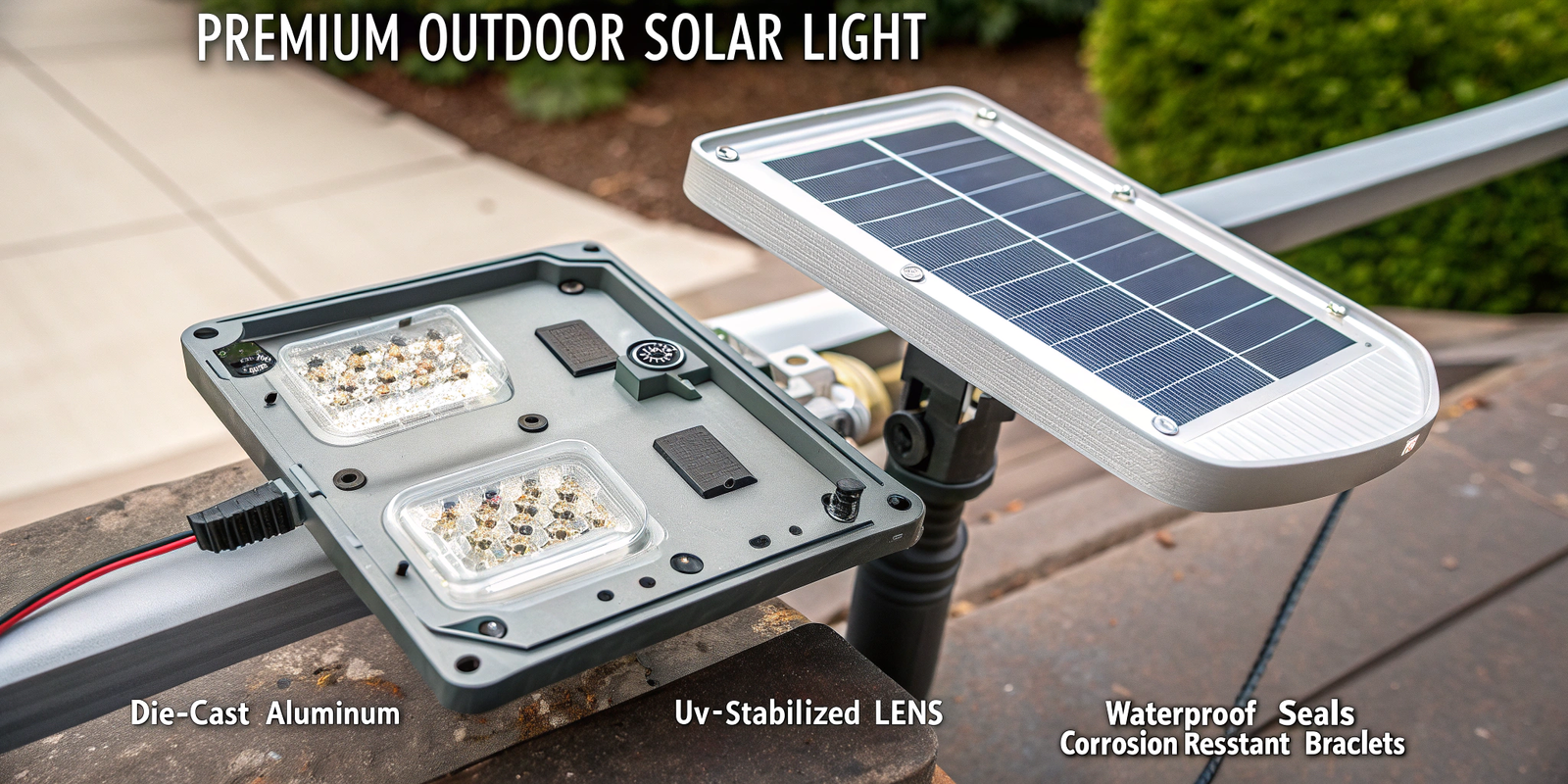
Outdoor lights are exposed to weather 365 days a year. The build quality must protect against rain, dust, corrosion, and wind.
- Minimum IP Rating: IP65 (water and dust-resistant)
- Housing: Die-cast aluminum or anti-corrosion alloy preferred
- Lens: UV-stabilized polycarbonate or tempered glass
Ask for:
- Salt spray test results (important for coastal environments)
- Wind resistance rating (especially in storm zones)
- UV aging test for long-term exposure
Even if a light looks solid, weak materials and seals can fail in real-world environments.
Question 5: What Warranty and After-Sales Support Are Provided?
Long-term support is as important as the initial product. If something goes wrong, will the supplier be there to help?
- Look for minimum 3–5 years warranty
- Confirm access to technical support and replacement parts
- Ask if a maintenance manual or troubleshooting guide is available
| Component | Recommended Warranty |
|---|---|
| Full system | 3–5 years |
| Battery | 3–5 years (LiFePO₄) |
| Solar panel | 10–15 years |
A reliable supplier will stand by their product and provide support throughout the life of the system.
Bonus Tips: Additional Questions Worth Asking
To ensure your solar lighting system is perfectly tailored to your project:
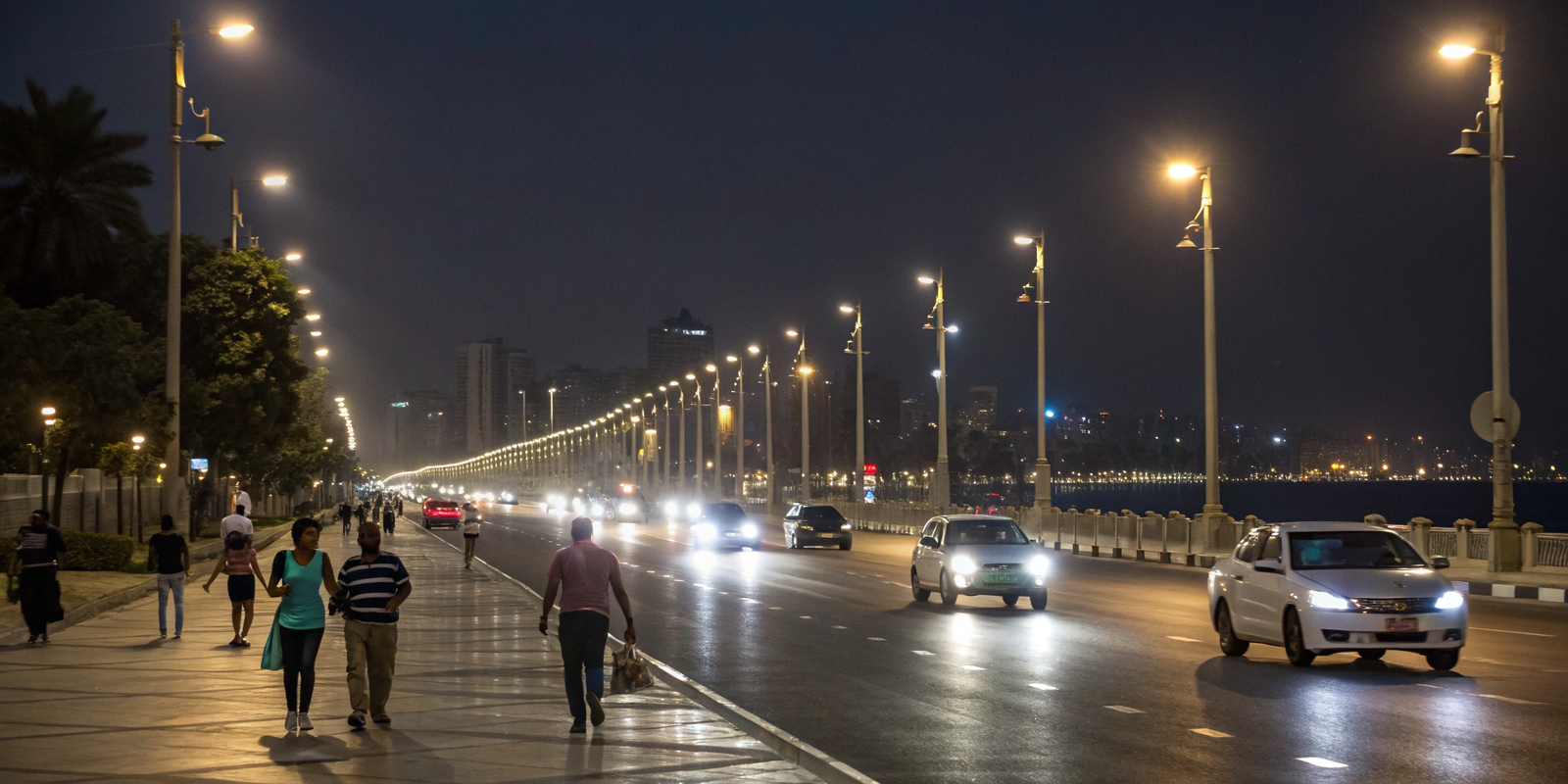
- Can the system be customized for height, brightness, climate?
- Does it support smart features (motion detection, dimming, remote monitoring)?
- Can you provide real-world references or client testimonials?
- What are the lead time and shipping options for large orders?
Suppliers who hesitate to answer these likely lack confidence in their product.
Conclusion
Choosing the right solar light supplier means going beyond wattage and price. Ask questions. Verify specs. Review real-world results. That’s how you avoid costly mistakes and ensure reliable lighting for years to come.
At Hitech China, we welcome every question—because we’ve built our systems to deliver answers that last over a decade.
Frequently Asked Questions (FAQ)
How long do solar light batteries typically last?
With high-quality LiFePO₄ batteries, expect 8–10 years of reliable use. Lower-grade batteries may last only 1–3 years.
How can I verify actual lumen output?
Request a photometric lighting simulation, third-party test report, or field photos from past projects.
Is IP65 waterproof enough for heavy rain?
Yes. IP65 protects against strong water jets and heavy rain from any direction—suitable for most outdoor installations.
Are solar lights effective in cloudy or low-light areas?
Yes, but they require larger, more efficient panels and higher-capacity batteries for full-night operation.
Can I replace the battery or LED module later?
Yes. Good systems are modular, allowing easy upgrades or replacements to extend product life.



